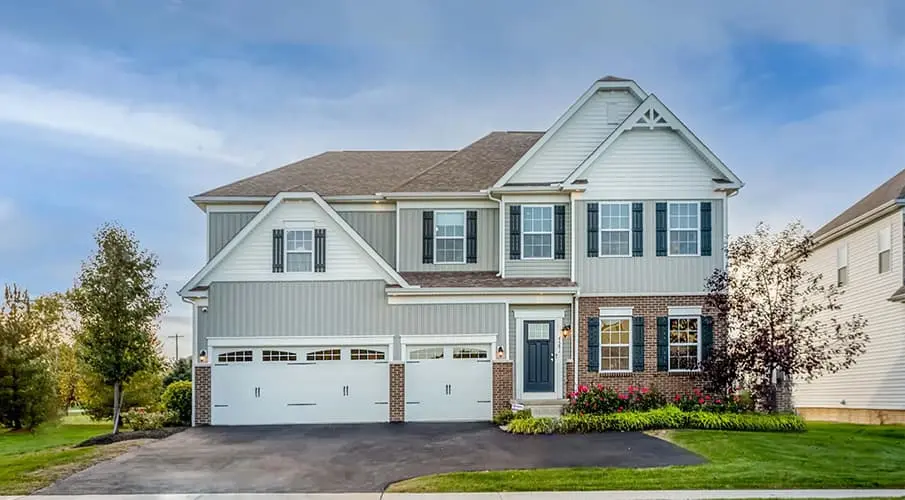
We Build Your
Dream Home





10 Places to Live Better
Everywhere You Want to Be






























From Our Family to Yours

At Maronda Homes, we take pride in offering you an affordable, quality new construction home that retains its value over time. Dreaming of the perfect home? It’s now within reach more than ever!
Since 1972, we have built thousands of new homes across nine different states and consistently deliver a great customer experience.
That’s why so many of our buyers say they would recommend Maronda Homes to family and friends.
We’ve been building quality new homes for more than 50 years, and all that experience shows in each new home we build.
Unrivaled Quality You Can Trust

Single-Family Homes

Single-family homes, a popular choice in new construction, are designed for one household.
One of the most popular home types in new construction is the single-family. Designed to accommodate a single household or family, it typically features one main living unit that is detached from other buildings and is located on a private piece of land. Single-family homes are usually spacious and offer ample outdoor living space, such as a front and backyard
They generally provide a sense of privacy, security, and ownership and offer a great opportunity for homebuyers to customize their living spaces to suit their specific wants and needs.
We are building in many single-family home developments near you. Schedule an appointment to view one of our model homes today!
Townhomes

Another popular type of new home construction is the townhome. Unlike single-family homes, townhomes typically feature multi-level living spaces and are constructed in a row or cluster of similar units with shared walls. Townhomes often include a small yard or patio area as well.
Although townhomes are typically characterized by their unique architecture and shared walls with adjacent units, they still offer a great deal of privacy. They are designed with efficient use of space in mind.
Often more affordable than single-family homes, townhomes are a popular choice for those seeking a balance between the independence of a single-family home and the convenience of a shared community.
We are building townhomes in developments near you. Schedule an appointment to view one of our townhome model homes today!
We use cookies and similar tracking technologies for various purposes including enhancing site performance and serving targeted advertisements. By continuing to our website, you consent to our use of cookies and tracking as described in our Privacy Policy, and to our Terms & Conditions.

